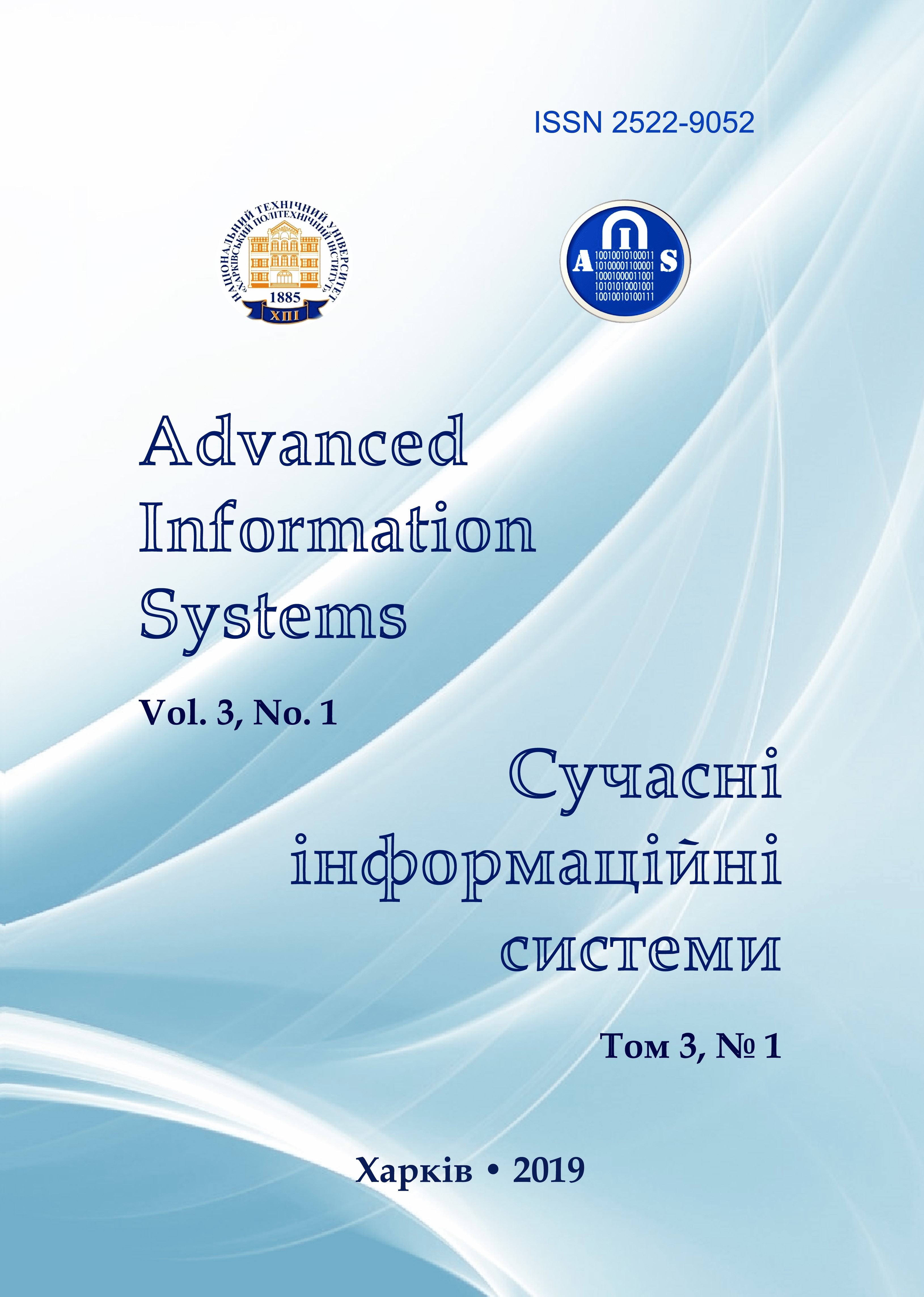A NEW FRAMEWORK DESIGNED FOR KNOWLEDGE MANAGEMENT IN DISTRIBUTED SOFTWARE DEVELOPMENT
Main Article Content
Abstract
The software development with distributed teams becomes a critical popular nowadays. Not only for the efficiency and effectiveness the distributed teams provide, but also the distributed teams can supply whole-day works with lower costs. Software development is a kind of knowledge-driven industry which depends on the expertise of employees. Although many scholars have long investigated knowledge management as well as distributed software development, the combination that knowledge management in distributed software development is not a enough explored topic in the past decade’s years. In this paper, a review of relevant extant literature on knowledge management in distributed software development is provided. The relationship between two objects and the factors on knowledge sharing are summarized. By analysis of the characteristics and features of knowledge management, the social media-based framework of knowledge management for distributed software development is proposed.
Article Details
References
Dingsøyr, T. and Smite D. (2014), “Managing knowledge in global software development projects”, IT Professional, No. 16 (1), Jan.-Feb 2014, pp. 22–29.
Hajir, J.A., Obeidat, B.Y., Al-dalahmeh, M.A. and Masa’deh, R. (2015), “The role of knowledge management infrastructure in enhancing innovation at mobile telecommunication companies in Jordan”, European Journal of Social Science, No. 50 (3), Dec 2015, pp. 313 – 330.
Dutta, B. and Madalli, P. (2004), “Trends in knowledge modeling and knowledge management: an editorial”, Journal of Manufacturing Technology Management, No. 15 (5), DOI: https://doi.org/10.1108/JKM-10-2014-0442
Shin, S. J., Kim, T. Y., Lee J. Y. and Bian L. (2012), “Cognitive team diversity and individual team member creativity: a cross-level interaction”, Acad. Manag. J., No. 55 (1), pp. 197–212.
Polanyi M. (1996), “The tacit dimension”, Routledge & Kegan, pp. 204–221.
Nonaka I. (1994), “A dynamic theory of organizational knowledge creation”, Organization Science, No. 5(1), pp. 14 – 37.
Zack M. H. (1993), “Interactivity and communication mode choice in ongoing management groups”, Information System, No. 4 (3), pp. 207–239.
Chen, X. H., Zhou, Y., Probert, D. and Su, J. (2016), “Managing knowledge sharing in distributed innovation from the perspective of developers: empirical study of open source software projects in China”, Technology Analysis & Strategic Management, No. 29 (1), pp. 1–22.
Kucharska, W. and Kowalczyk R. (2016), “Trust, collaborative culture and tacit knowledge sharing in project management – a relationship model”, Proceedings of the 13th International Conference on Intellectual Capital, Knowledge Management & Organizational Learning: ICICKM, pp. 159–166.
Lee, J.C., Shiue, Y.C. and Chen, C.Y. (2016), “Examining the impacts of organizational culture and top management support of knowledge sharing on the success of software process improvement”, Computers in Human Behavior, No. 54, pp. 462–474, DOI: https://doi.org/10.1016/j.chb.2015.08.030
Koriat, N. and Gelbard, R. (2014), “Knowledge sharing motivation among IT personnel: Integrated model and implications of employment contracts”, International Journal of Information Management, No. 34 (5), pp. 577–591, DOI: https://doi.org/10.1016/j.ijinfomgt.2014.04.009
Janasz, W. and Janasz, K. (2018), “Knowledge management in a modern organization”, Studies and Research of the FEM of the SU, No. 52 (2), pp. 25–39.
Walsh, J.P. and Ungson. G.R. (1991), “Organizational memory”, Academy of Management Review, No. 16 (1), pp. 57–91.
Crowston, K., Howinson, J. and Masango C. (2007), “The role of face-to-face meetings in technology-supported self-organizing distributed teams” IEEE Trans. Prof. Commun., No. 50 (3), pp. 185–203.
Meehan, B. and Richardson I. (2002), “Identification of software process knowledge management”, Software Process: Improvement and Practice, No.7(2), pp. 47–55.
Khan, S.U., Niazi, M. and Ahmad, R. (2009), “Critical success factors for offshore software development outsourcing vendors: a systematic literature review”, Fourth IEEE International Conference in Global Software Engineering, ICGSE, pp. 207–216, doi: http://doi.org/10.1109/ICGSE.2009.28
Santos, V., Goldman, A. and C.R. de Souza (2014), “Fostering effective inter-team knowledge sharing in Agile software development”, Empirical Software Engineering, pp. 1–46.
Chalkiti, K. and Sigala M. (2008), “Information sharing and knowledge creation in online forums: the case of the Greek online forum DIALOGOI”, Curr. Issues Tour., No. 11 (5), Dec 2008, pp. 381–406.
Hemsley, J. and Mason, R. (2012), “The nature of knowledge in the social media age: implications for knowledge management models”, 45th Hawaii International Conference on System Sciences (HICSS 2012), IEEE Computer Society, DOI: http://doi.org/10.1109/HICSS.2012.580
Bughin, J., Chui, M. and Manyika, J. (2012), “Capturing business value with social technologies”, McKinsey on business technologies, No. 28, pp. 72–80.
Sigala, M. and Chalkiti, K. (2015), “Knowledge management, social media and employee creativity”, International Journal of Hospitality Management, No. 45, pp. 44–58.
Hinds, P. and McGrath, C. (2006), “Structures that work: social structure, work structure and coordination ease in geographically distributed teams”, Proceedings of the 2006 ACM Conference on Computer Supported Cooperative Work, CSCW 2006, Banff, Alberta, Canada, November 4-8, pp. 343–352, DOI: http://doi.org/10.1145/1180875.1180928
Zahedia, M., Shahin, M. and Babarb, M.A. (2016), “A systematic review of knowledge sharing challenges and practices in global software development”, International Journal of Information Management, No. 36 (6), pp. 995–1019, DOI: https://doi.org/10.1016/j.ijinfomgt.2016.06.007
Chau, T., Maurer, F. and Melnik, G. (2003), “Knowledge sharing: agile methods vs. Tayloristic methods”, Proceedings of the IEEE International Workshops on Enabling Technologies: Infrastructure for Collaborative Enterprises, IEEE Computer Society, DOI: http://doi.org/10.1109/ENABL.2003.1231427
Ryan, S. and Connorb, R.V.O. (2013), ”Acquiring and sharing tacit knowledge in software development teams: An empirical study”, Information and Software Technology, No. 55 (9), pp. 1614–1624.
Cabrera, A., Collins, W.C. and Salgado, J.F. (2006), “Determinants of individual engagement in knowledge sharing”, The International Journal of Human Resource Management, No. 17(2), pp. 245–264.
Foss, N. J., Minbaeva, D. B., Pedersen, T. and Reinholt, M. (2009), “Encouraging knowledge sharing among employees: How job design matters”, Human Resource Management, No. 48, pp. 871–893.
Kitchenham, B. and Charters, C. (2007), Guidelines for performing systematic literarature reviews in software engineering, Keele University and Durham University Joint Report.
Verner, J. M., Brereton, O. P., Kitchenham, B. A., Turner, M. and Niazi, M. (2014), “Risks and risk mitigation in global software development: A tertiary study”, Information and Software Technology, No. 56 (1), pp. 54–78.
